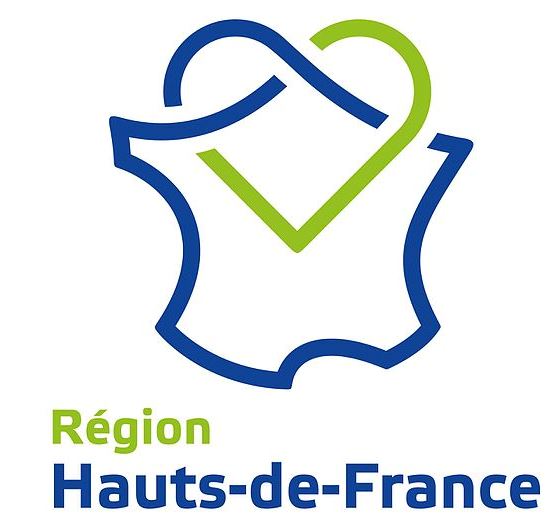MeTRiD 2019 is the second edition of the MeTRiD international workshop focusing on the theoretical foundations, tools and applications of the Rigorous System Design (RSD) approach.
The term “Rigorous System Design” denotes the design approach that is based on a formal, accountable and iterative process for deriving trustworthy and optimised implementations from models of application software, its execution platform and its external environment. In particular, a system implementation is derived from a set of appropriate high-level models by applying a sequence of semantics-preserving transformations, thereby as much as possible striving for achieving correctness by construction.
The goal of the workshop is to promote cross-fertilisation between theoretical research in academia and practical applications in the industry. On one hand, we hope that, through the publication of research and tool papers, the workshop will contribute to raising awareness of the methods and tools available among the industrial players. On the other hand, presentation and exchange of realistic case studies should allow academic researchers to better fit their tools to industrial needs, thereby improving the dissemination of results.
This year, we broaden the scope of MeTRiD workshop with contributions on the design of systems for increased autonomy in vehicles, the Internet of Things and elsewhere. The key concern in such systems is their ability to handle knowledge and adaptively respond to environment changes, while the ultimate challenge is preserving rigorousness despite the fact that essential properties cannot be guaranteed at design time.
(More details and an example instantiation…)
Scope
Topics of interest include, but are not limited to the following:
- models and formalisms for specifying user requirements, functional behaviour of application components, coordination and interaction protocols, platform architectures, resource utilisation policies etc.
- reference models and architectures for systems of autonomous agents
- model transformation techniques integrating such models
- design-time and run-time knowledge generation/transformation for system adaptivity
- analysis techniques for establishing correctness properties at all stages of the design process
- case studies exemplifying potential applications of the RSD approach
- prototype tools supporting various stages of the RSD flow
- tool integration experiences
Publication
No proceedings will be published, but selected papers will be invited to a special issue of the International Journal on Software Tools for Technology Transfer.
Organisers
- Simon Bliudze (INRIA Lille – Nord Europe, France)
- Panagiotis Katsaros (Aristotle University of Thessaloniki, Greece)
Program committee
- Farhad Arbab (CWI and Leiden University, The Netherlands)
- Paul Attie (American University of Beirut, Lebanon)
- Ezio Bartocci (TU Wien, Austria)
- Stylianos Basagiannis (United Technologies Research Centre, Ireland)
- Saddek Bensalem (Verimag / Université Grenoble Alpes, France)
- Simon Bliudze (Inria Lille – Nord Europe, France)
- Marius Bozga (Verimag / CNRS, France)
- Tomáš Bureš (Charles University, Czech Republic)
- Wenceslas Godard (Airbus Operations SAS, France)
- Marieke Huisman (University of Twente, The Netherlands)
- Mohamad Jaber (American University of Beirut, Lebanon)
- Panagiotis Katsaros (Aristotle University of Thessaloniki, Greece)
- Igor Konnov (INRIA Nancy – Grand Est, France)
- Axel Legay (IRISA, France)
- Tiziana Margaria (University of Limerick and Lero, Ireland)
- Anastasia Mavridou (NASA Ames, US)
- Yiannis Papadopoulos (University of Hull, UK)
- Claire Pagetti (ONERA / IRIT-ENSEEIHT, France)
- Yvonne-Anne Pignolet (ABB Corporate Research, Switzerland)
- Harald Ruess (fortiss, Germany)
- Martina Seidl (Johannes Kepler University, Austria)
- Joseph Sifakis (Verimag / CNRS, France)
- Paola Spoletini (Kennesaw State University, USA)
- Janos Sztipanovits (Vanderbilt University, USA)
- Marcel Verhoef (European Space Agency, The Netherlands)
- András Vörös (Budapest University of Technology & Economics, Hungary)
- Martin Wirsing (Ludwig-Maximilians-Universität München, Germany)
- Wang Yi (Uppsala University, Sweden)

